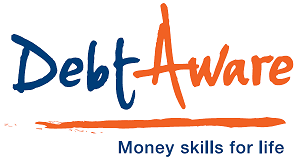Financial education is not statutory to the primary school curriculum. However, we believe that the process of educating children in financial capability should begin by at least the age of nine, in primary year 5. Attitudes and life skills are being formed by this age and we know that children are aware of money at an early age.
 Research by the Money Advice Service showed that more than four in five teachers believe that financial education must begin in primary school, not secondary school, to be most effective.
Research by the Money Advice Service showed that more than four in five teachers believe that financial education must begin in primary school, not secondary school, to be most effective.
In fact the findings suggested that financial habits in adulthood are established by the age of just seven years old.
How our money management lessons work:
Our programme of six lessons and extension tasks will prepare young children for the financial capability programme prescribed for secondary schools.
The Government guidelines to financial education do emphasise that young people should have a voice in the teaching of financial education. Our programme does exactly this, with children at the heart of the programme.
What our money management lessons teach:
Modules 1-3
- The importance of distinguishing between wants and needs and prioritising needs before wants
- How careless spending on wants can lead to later money problems
- What a budget is and planning a budget
- The different ways of paying for goods and services
- The importance of saving for emergencies and an awareness of the different ways to save
Modules 4-6
- The skills and qualifications required for different occupations
- Awareness of the different levels of pay between occupations and the reasons why there are pay differences
- The need to plan ahead in regards to a career
- The difference between gross and net pay
- What is meant by financial risk
- Why people borrow money and where they go to borrow money
- The difference between affordable and problem borrowing
- What gambling is and the dangers of gambling
- How we decide if something is “good value”
- How advertising influences consumers
- What is meant by entrepreneurship and how ideas can be developed into a business

